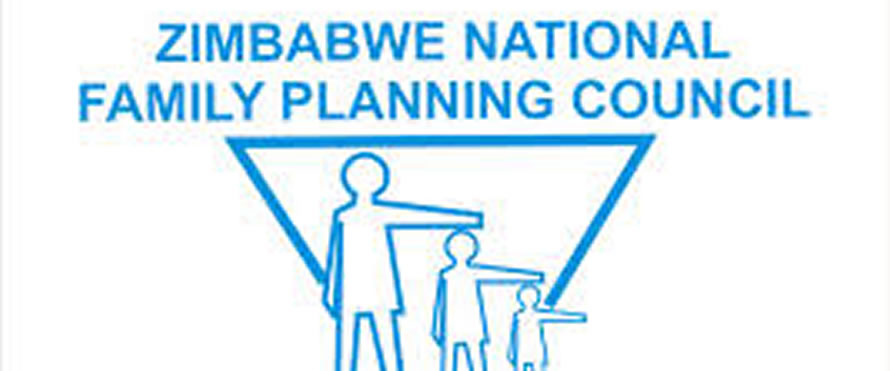
The Sunday News

 Tinomuda Chakanyuka Sunday News Reporter
Tinomuda Chakanyuka Sunday News Reporter
THE decision by the Government to freeze the recruitment of civil servants has adversely affected family planning programmes in the country with the Zimbabwe Family Planning Council (ZNFPC) suffering from high staff attrition, an official has said.Speaking at a media training workshop on the FC2 female condom promotion in Nyanga on Thursday last week, ZNFPC director technical services, Dr Edmore Munongo, appealed to the Government to relax the posts freeze in light of the acute shortage of staff the council was facing.
The Government imposed a freeze on the recruitment of civil servants in 2011, but a special dispensation was granted to the health and education sectors with the ministries having to apply to the Civil Service Commission should they feel there was a compelling need for them to fill any vacancies.
However, the delays by Government to approve the replacement of staff who would have either died or retired from the two sectors have seen an acute shortage of critical staff with the health sector bearing the heaviest brunt.
The vacancy rate for ZNFPC stands at about 36 percent nationally and in other provinces it is even as high as 60 percent. The organisation is also experiencing a high staff turnover as qualified staff are leaving for greener pastures due to poor remuneration.
Dr Munongo told journalists that owing to the Government posts freeze, ZNFPC had witnessed a sharp decrease in the number of Community Based Distributors of contraceptives from 1 000 to about 300.
The situation, he said, had affected the distribution of contraceptives to members of the public in the process affecting the council’s family planning programmes.
ZNFPC, mandated by the Government is working on reducing the country’s Total Fertility Rate from 3,8 children to three children per woman, by increasing the contraception prevalence rate from 58 percent to about 70 percent by 2020.
“This (Government posts freeze) has affected us a lot and our prayer is that posts be unfrozen to allow us to recruit more community based distributors. Right now we are operating with 300 distributors instead of the ideal 1 000, which means that some areas are operating without such critical staff and this has to a large extent affected our family planning programmes.
“Some of the distributors retire and the process to have them replaced is quite tedious, which again leaves us short staffed and unable to carry out our work in a manner we would really desire,” said Dr Munongo.
He said apart from lack of critical staff, the council was also facing numerous challenges, which included lack of enough vehicles to distribute contraceptives to all parts of the country.
Dr Munongo appealed for a grant from Government to enable the council to sustain its operations.
He said the only grant that they were receiving from treasury was that of salaries, a situation that left the council to sustain its programmes through selling contraceptives.
“We are a parastatal under the Ministry of Health and Child Care. We should be supported by Government but this has not been the case as we are not receiving any grants from Government. We thus plead with the Government to allocate us more resources to allow us to carry out our work.
“Of course we work with donors, but these donors fund specific programmes. Our hope is that at some point the donors will allocate 10 percent or so of their total donations towards sustaining our operations. This may help us reduce some of the challenges we are facing,” he said.
ZNFPC’s financial situation is further worsened by failure by Government health institutions and council clinics across the country to pay for supplies of contraceptives.
Sunday News has it on good authority that as of 31 March this year, ZNFPC was owed more than $8 million in unpaid fees for contraceptives by Government and council clinics with the former reportedly owing the larger chunk of the debt.
The huge debt has crippled the organisation’s operations over the years, with the council experiencing an unprecedented high staff turnover.
A ZNFPC debt schedule in Sunday News’ possession, shows that health institutions in eight provinces had not paid their dues to the council since 2010, with Masvingo, Midlands, Mashonaland West and Mashonaland East provinces owing the largest amounts.
Harare and Bulawayo Metropolitan Provinces are not included on the schedule indicating that the Government and local authorities health institutions in the two provinces were up to date with their payments to the council.
Hospitals and clinics in Masvingo and Midlands provinces owe the highest figure of $1,2 million while Mashonaland West and East owe $1 million each.
Mashonaland Central and Matabeleland North provinces each owe the council $800 000 followed by Manicaland whose debt stands at $600 000.
Matabeleland South owes the least figure of $500 000. The Government recently lifted the freeze on 630 nurses’ posts, but the Health Services Board is yet to start recruiting nurses, a development that has created anxiety among nursing graduates who are eager to be employed.



